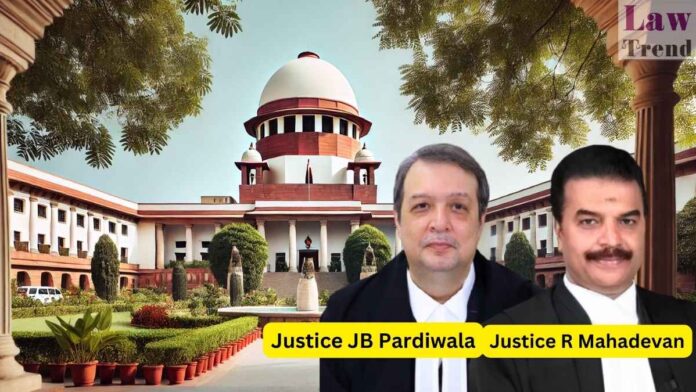The Supreme Court of India, in a crucial ruling, has reaffirmed that a First Information Report (FIR) lodged by a deceased person cannot be treated as substantive evidence unless it is corroborated or qualifies as a dying declaration under Section 32 of the Indian Evidence Act. The verdict came in the case of Lalita vs.
To Read More Please Subscribe to VIP Membership for Unlimited Access to All the Articles, Download Available Copies of Judgments/Order, Acess to Central/State Bare Acts, Advertisement Free Content, Access to More than 4000 Legal Drafts( Readymade Editable Formats of Suits, Petitions, Writs, Legal Notices, Divorce Petitions, 138 Notices, Bail Applications etc.) in Hindi and English.




